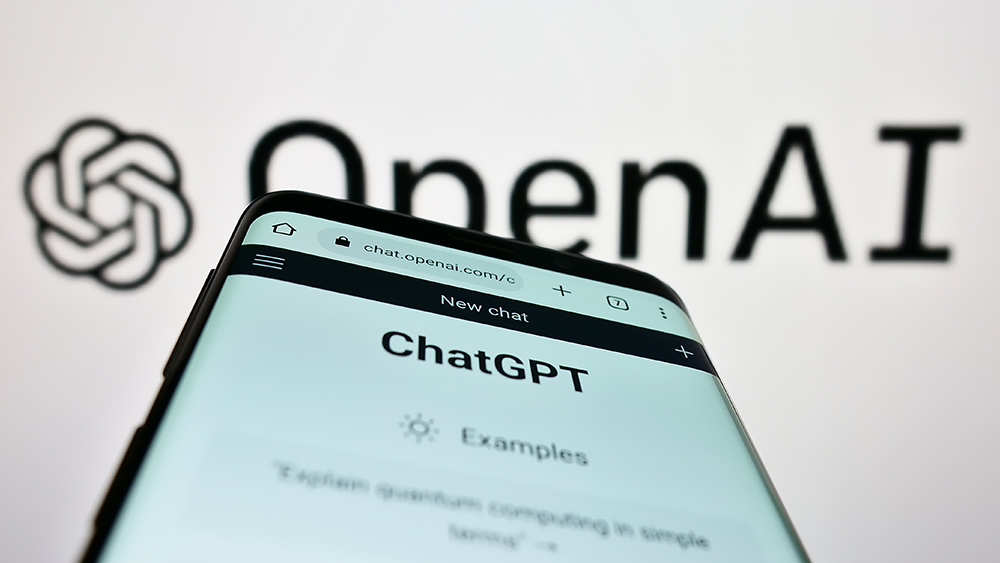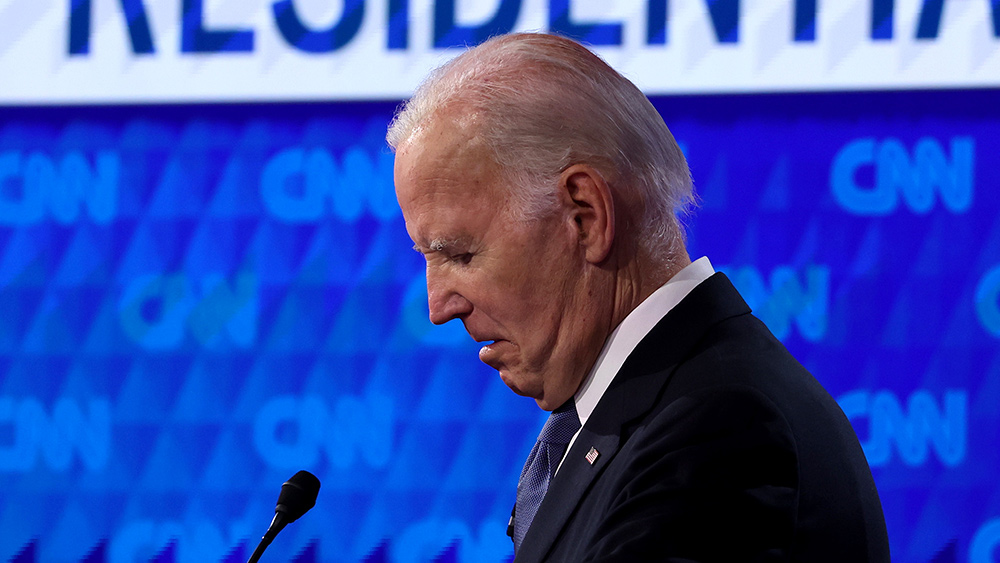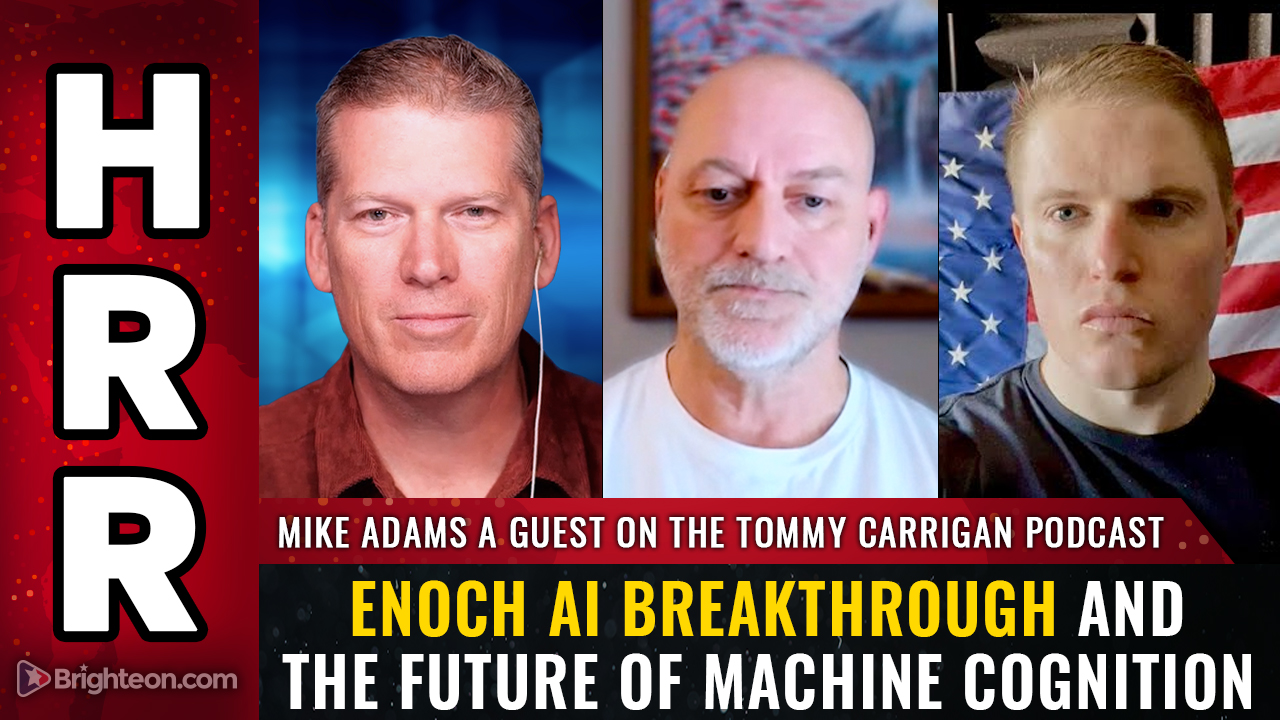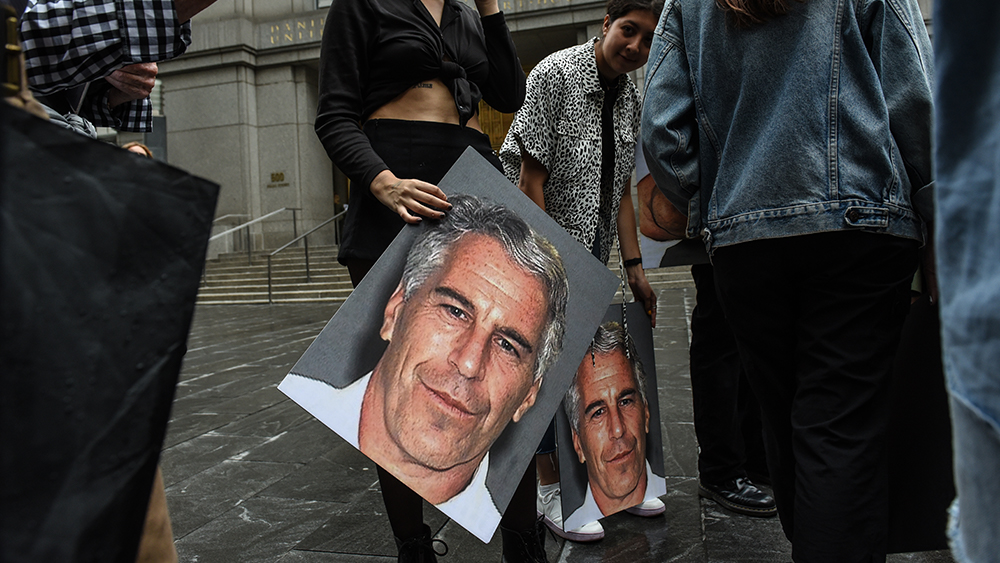OpenAI CEO joins revolt against Democratic Party’s turn toward socialism
07/10/2025 / By Willow Tohi

- OpenAI CEO Sam Altman publicly distanced his company and himself from the Democratic Party amid its anti-capitalist shift.
- Altman critiques Democrats’ socialist leanings, citing anti-billionaire stance by Zohran Mamdani and AOC.
- Altman advocates for “techno-capitalism,” emphasizing innovation through market-driven solutions.
- Raises questions over Democratic Party’s ability to attract key tech innovators and investors.
- Movement reflects broader fracture in Democratic base between progressives and pro-business allies.
OpenAI CEO Sam Altman has declared himself “politically homeless,” publicly distancing his company and himself from the Democratic Party amid what he calls its abrupt ideological shift toward anti-capitalism and wealth redistribution. In a scathing July 4 social media post, Altman criticized fellow Democrats for abandoning a legacy of fostering innovation, entrepreneurship and free-market principles—a move he says has left him adrift from a party he once considered an ideological ally.
The rift, detailed in his viral X post, comes as wealthy Democratic donors and tech leaders increasingly voice disillusionment with progressive figures like New York Rep. Alexandria Ocasio-Cortez and NYC mayoral candidate Zohran Mamdani, whose calls to curtail billionaires and impose socialist policies have alienated centrist and industry-aligned Democrats. Altman’s announcement underscores a growing fracture within the party as it navigates competing visions for the future of the American economy.
The ideological breakdown: A shift from “techno-capitalism” to socialist garnishments
Altman, a pivotal figure in shaping AI’s global trajectory, has long championed what he terms “techno-capitalism”—a marriage of market-driven innovation and regulated wealth distribution. In his post, he framed his departure as a response to the Democratic Party’s pivot from supporting entrepreneurs to amplifying rhetoric that he argues stifles progress.
“Democrats had seemed reasonably aligned with a culture of innovation and entrepreneurship—[they’ve now] completely moved somewhere else,” Altman wrote, citing Mamdani’s controversial claim that “billionaires shouldn’t exist.” He argued that suppressing wealth accumulation could undermine the very systems that spur tech breakthroughs, stating: “You cannot raise the floor and not also raise the ceiling.”
This critique aligns with a broader conservative narrative warning against socialist policies that, critics argue, would cripple America’s global competitiveness. Altman’s stance mirrors concerns from libertarian-leaning Silicon Valley elites who view robust profit incentives as essential for driving disruptive technologies like AI.
Why now? Political rhetoric meets tech realities
The timing of Altman’s rebuke coincides with escalating Democratic intra-party debates over economic strategy. Mamdani’s mayoral campaign, which emphasizes abolishing tuition, abolishing rent and taxing billionaires, has drawn national attention. Meanwhile, mainstream Democratic leaders like President Biden have struggled to balance progressive demands with center-left economic pragmatism.
Altman’s plea resonates with many in the tech sector who see him as a key advocate for AI’s potential to revolutionize industries—from healthcare to defense—while also mitigating risks. In his post, he urged politicians to focus on expanding opportunities rather than attacking wealth itself. “I’d rather hear from candidates about how they are going to make everyone have the stuff billionaires have, instead of how they are going to eliminate billionaires,” he wrote.
For conservatives, Altman’s statement offers a rare validation of free-market principles in a tech sector often perceived as liberal. Former Trump strategist Steve Bannon called the CEO’s departure a “wake-up call” for Democrats: “They’re chasing votes with socialist talking points and ignoring the people building tomorrow’s world.”
The downstream impact: Can Democrats navigate the tech divide?
The fallout raises pressing questions about how ideological divides will shape AI governance. Altman’s OpenAI, a key player in global AI development, is already the focus of bipartisan debates over data regulation and military applications. Critics warning of authoritarian-style AI control, such as Sen. Marco Rubio (R-FL), say the party’s ideological shift could accelerate tech innovation leaving under Democratic control.
Historically, the Democratic Party leveraged Silicon Valley partnerships to court voters and secure funding. President Obama’s administration, for instance, courted tech leaders on issues like immigration and net neutrality, earning millions in donations and influential endorsements. But under progressive pressure, Democrats have pushed to link tech policy with climate, labor and privacy mandates favored by progressive groups like Demand Progress, souring relations.
“The Democratic Party must choose its priorities” — Altman and the new political reality
Altman’s political homelessness may not signify an immediate defection to the GOP—he asserted “no party is better,” instead prioritizing “being American”—but it amplifies pressure on Democrats to recalibrate. Meanwhile, Republican strategists see openings to lure moderate tech leaders with promises of deregulation and tax incentives for startups.
As debates over AI, wealth and innovation intensify, Altman’s party shift serves as both a microcosm of Democratic dilemmas and a stark reminder of the high stakes in technology’s governance. For now, the CEO’s “homeless” status reflects a landscape where profit, politics and progress increasingly collide—without clear allies or answers.
Sources for this article include:
Submit a correction >>
Tagged Under:
AI, bias, Big Tech, cancel Democrats, communism, future tech, Glitch, information tech, intolerance, left cult, money supply, politics, Resist, socialism, Suppressed, technocrats, wealth distribution
This article may contain statements that reflect the opinion of the author
RECENT NEWS & ARTICLES
COPYRIGHT © 2017 PENSIONS NEWS




















